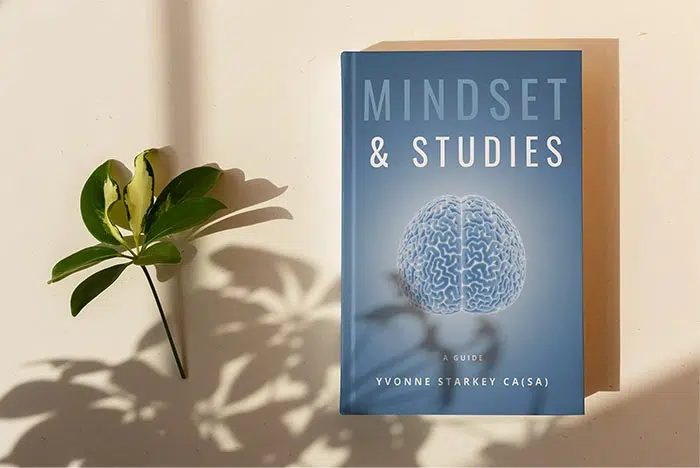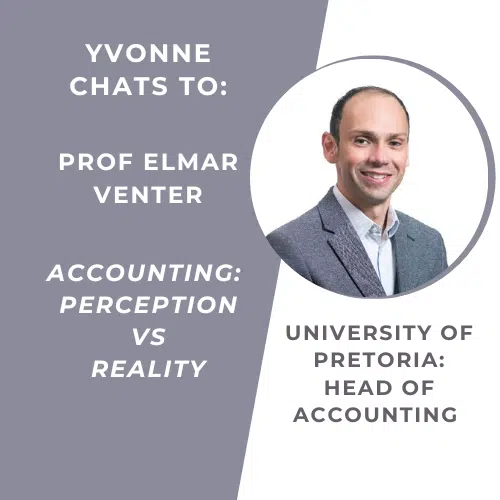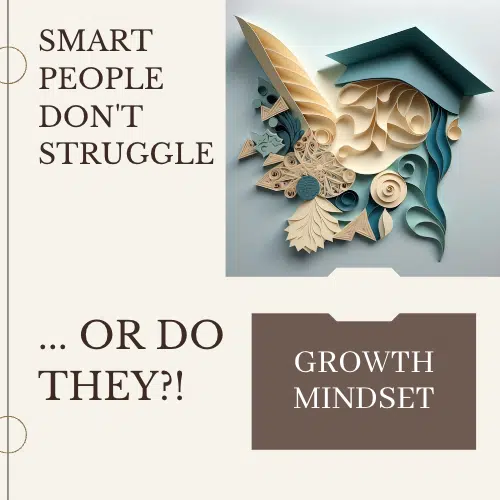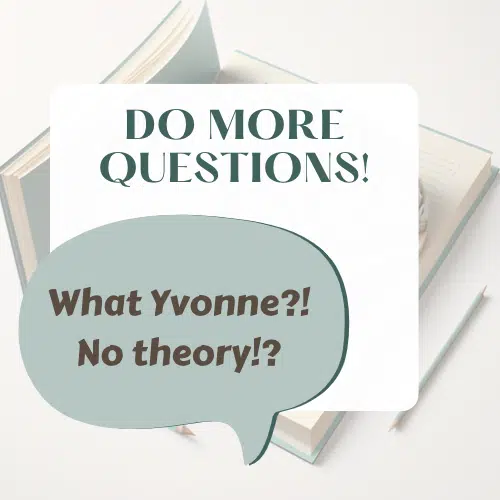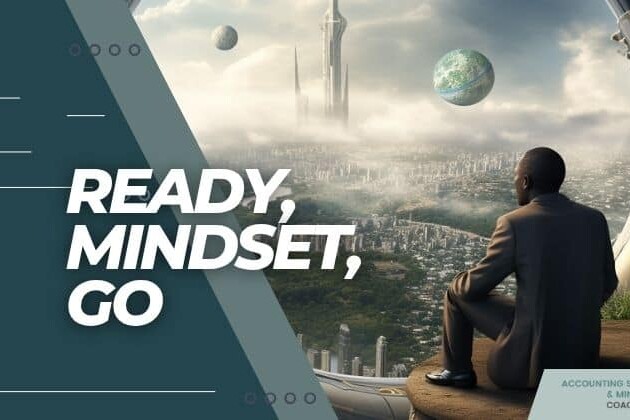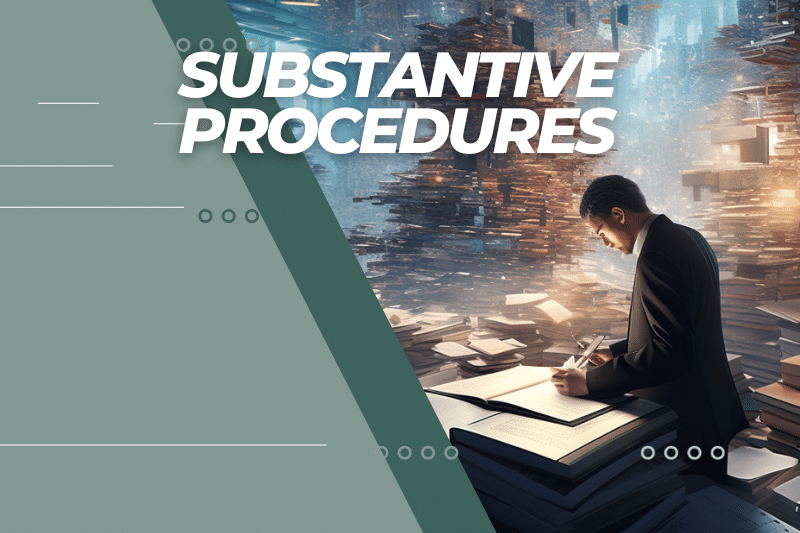How do we answer questions?
When we start learning at school, we learn how learning and studying works. We develop our understanding of what it means to ‘learn’ something, and what it means to be ‘competent’ with the subject matter.
In a lot of cases, here’s what we believe about the learning process:
- When we learn something, we should know the answer to a question related to the subject matter
- If we’re competent with the subject matter, we will know the answer straight away.
- If we hear the question, and don’t know the answer, that means that we don’t know the subject matter well enough, and we’re not competent in that area.
These are generally unconscious beliefs we have about how learning and studying works.
If I know my work, then I'll know the answer to the question in the exam
Why is this a problem?
This isn’t going to be a problem, until we come across exams that CAN’T be passed through memory learning, pattern analysis, formulaic and format-driven answers.
The ‘know‘ approach to learning means that students focus their mental energy on the ability to instantly match the correct answer with any question. Their goal in learning is to get to a point where they can retrieve the answer to a question as fast as possible from their memory bank.
By default, this means that what they’re NOT focussing on, is truly understanding the subject matter, how it really works, how to APPLY it to various situations, connect it to other knowledge, build a solid foundation and ability to problem solve completely new and unseen situations using their knowledge and understanding as a base. They can’t ‘build’ solutions using their knowledge in new ways, or focus on the approaches of building solutions. They focus solely on ‘knowing’.
Common student comments
This can seem like a very subtle difference, but it plays out as students move to higher levels. I often hear students making comments like this:
- “The questions in the exam didn’t look like the ones in the study material, it’s not fair”
- “We weren’t prepared for those questions, they look different”
- “How were we supposed to answer that, we haven’t seen that question before?”
The focus of these comments is that if they’ve ‘seen’ something before, they’ll know the answer the next time they see it. There’s also a really clear message that they should only be expected to answer questions to problems they’ve seen before. This is not problem solving. I call this the difference between using your brain as a ‘filing cabinet’ instead of a ‘toolbox’.
What is the 'Have' vs 'Build' approach?
I call this the ‘have’ vs ‘build’ approach to studying and exams, and I discuss this with my students in study coaching sessions.
For a lot of accounting students, their perfectionism and fixed mindset traits will play into this, and make their belief that they need to ‘know’ or ‘have’ the answer immediately, a lot more intense and tough to change.
Take a look at how I discuss this and explain the challenge with my students:
The impact on studying and exams?
Stress
This causes a LOT of stress in higher levels of studying because students have a constant feeling that no matter how much time they’re spending on the content, they STILL don’t ‘know’ the answer when they look at the questions.
It creates a constant feeling of self-doubt, a sense of incompetence, and a question of “Will this EVER come right?”
The wrong goal
If you think of passing exams as a flag students have placed in the distance, for them to work towards, they’re often moving in the wrong direction, while not realising why they’re not getting closer to their goals.
The fact that the question is expecting them to ‘build’ an answer doesn’t consciously register with them, and this means that in a lot of cases, they’re expending an enormous amount of energy moving in the direction of ‘knowing’ answers to complex, new and unseen problems, while in fact, they should be focussing on building problem-solving skills. This, again, is made tougher by the fact that fixed mindsetters focus more on the ‘answer’ than the ‘process’.
How do we address this?
The starting point
The starting point is to create a really conscious awareness of the difference between ‘knowing’ and ‘building’. At some point in their studies, the exams will require this shift in focus, and they need to see it for what it is. It’s not ‘just’ harder work, or more work, it’s DIFFERENT work.
Without this truly conscious awareness, students will always revert back to what’s worked in the past. As it stops working, they will probably blame their lack of intelligence, try put in more hours, or spend even more time trying to find the format, the formulae, and perfect their memory of the material.
What IS competence?
One of the things I need to explain to students is that competence and professionalism isn’t about ‘knowing’ the answer to every question. When I tell them that I don’t ‘know’ the answer to every Auditing question I see, even though I’ve been lecturing the material for over a decade, most of them are fairly stunned. Their unconscious belief is that because I ‘know’ the material so well, the answer to any question will ‘pop’ right into my head as soon as I see the question. It honestly doesn’t occur to them that I need to sit down and work through it, and ‘build’ a solution using the knowledge I have, applied to this scenario.
Shifting student’s understanding of this is HUGE, because their main focus in studying is “If I KNOW my stuff better, I’ll know every answer, and then exams will be easy”. Again, this means they’re not focussing on problem-solving skills, processes or professional skills. “More knowledge will fix everything”!
Competence is NOT 'knowing' the answer to every question as soon as you see it

